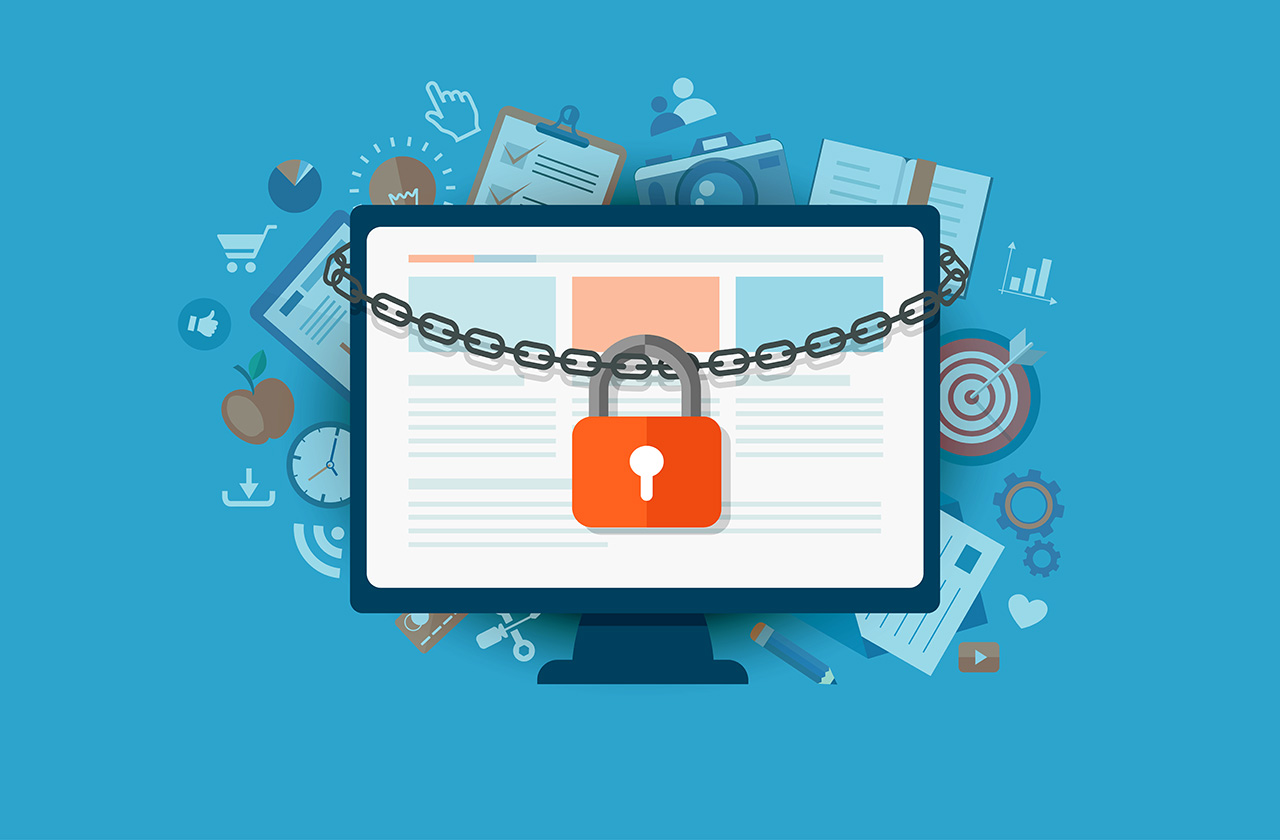You most likely would not give a stranger on the street your name, social security number, and birthday if they asked, right? You don’t know what they would or could do with that information, including, perhaps, making unauthorized purchases or transactions on your behalf.
It’s information you guard because it could result in financial ruin or trouble for you.
These are the same principles you should use when dealing with the information you provide online —guard it so that your accounts cannot be compromised if your info falls into the wrong hands.
The National Cybersecurity Alliance encourages all computer users to educate themselves about the information available online and to take steps to guard their privacy.
At Mason, Information Technology Services (ITS) reminds users not to share personal information and stresses that a Mason representative will NEVER ask you for your passwords or Two-Factor Authentication (2FA) codes. Keep your personal information personal to reduce the risk of your account being compromised.
What is considered personal data?
According to the National Cybersecurity Alliance, personal data is any information about you that allows you to be identified. It includes your name, address, SSN, and license number. But it can also be your cell phone number, ID card information, and location data from a cell phone.
Data privacy is defined as the rules, guidelines, and personal choices you make about who has access to your data and how much access they have.
When downloading apps or signing into websites, you often share personal information to gain access. Companies collect information to send targeted ads, track your habits, and determine information about you. But you should limit how much information you provide, only share what is necessary, and know what happens to your information after sharing it.
Some methods the National Cybersecurity Alliance and ITS recommend for managing and protecting your data and privacy are:
- Determine if the information requested for the app or service you are signing up for is necessary. For example, does it need to have access to your contacts?
- If you have a dormant app, service, or account, decide if you should keep it. Is it worth it knowing your information is being collected and shared?
- Review the privacy settings on apps, accounts, and devices. Determine how much information you are comfortable with sharing. It’s wise to share less.
- Make it a habit to adjust the settings on your accounts regularly.
- Use unique passwords or passphrases for each account and device.
- Use Two-Factor Authentication (2FA) on accounts when available. It helps protect an account even if cybercriminals gain access to the password.
- Use automatic updates on devices, software, and browsers. This ensures the latest security updates are applied and protects from known vulnerabilities.
- Learn to identify phishing emails.
- Know that no one from Mason will request a Duo 2FA code or ask for your username and password.
As a computer user, you have the responsibility to determine what you share and to guard your privacy, so your information and accounts are safe.
Additional information is available at: https://its.gmu.edu/working-with-its/it-security-office/phishing/
Some of the information for this article was compiled from the National Cybersecurity Alliance


